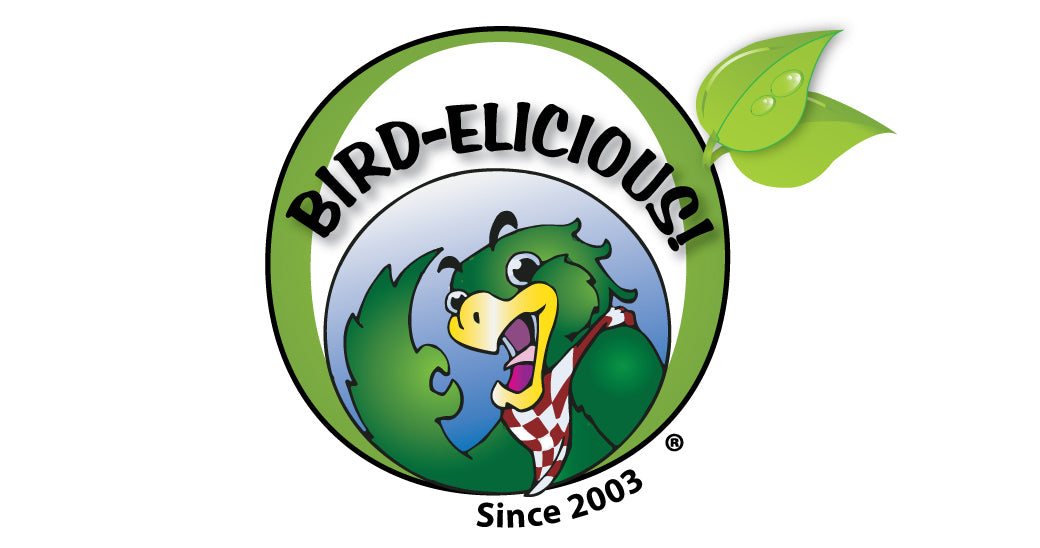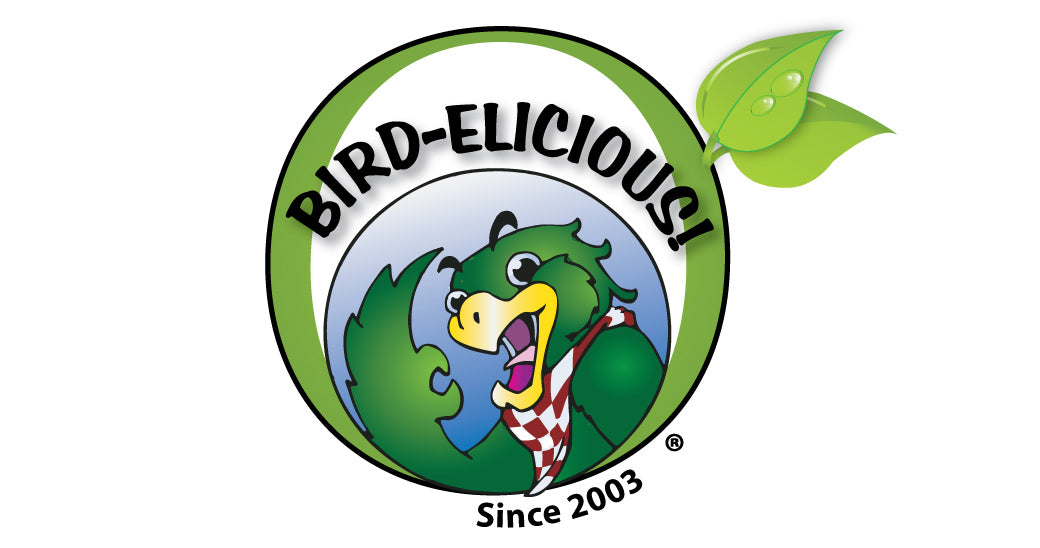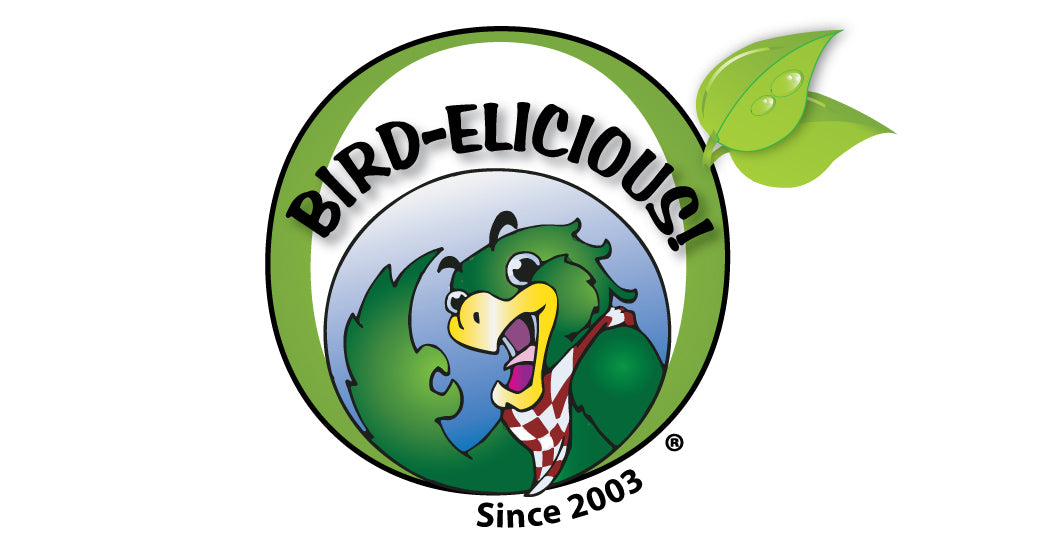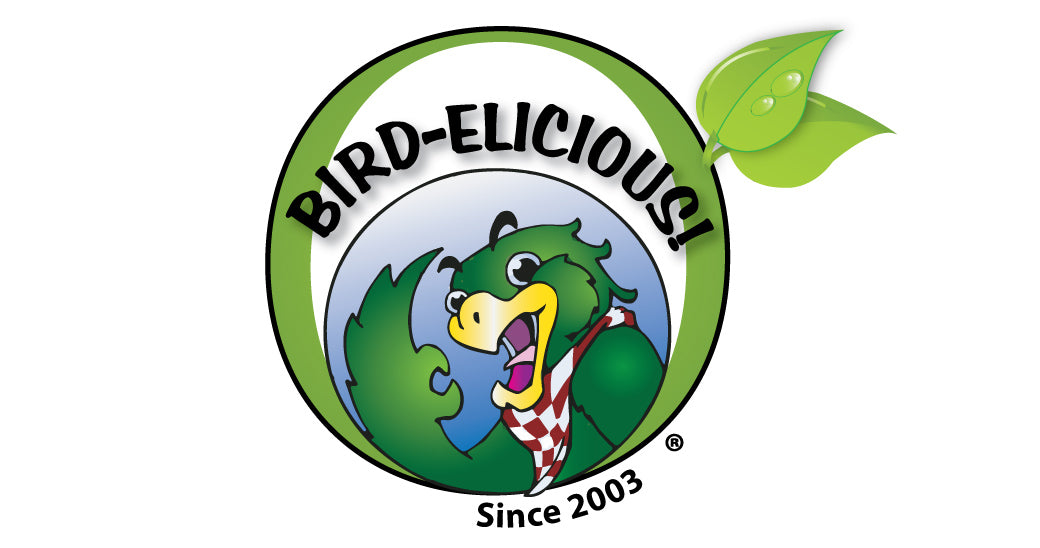It’s summertime and many of us want to add these great tasting foods to our parrots’ diets! Should we or shouldn’t we?
Let’s first understand something VERY important about melons; they are mostly water. Yep, water.
Hey, in the summer that’s a good thing, right?
Well, yes and no. It all depends on how and when you feed these delicious, juicy treats!
Because melons are almost all water they digest faster than any other food and therefore should not be fed along with any food; they need to be fed alone 30 minutes before and 30 minutes after feeding any other food. If they are fed along with another food the digestion of the melon will cause the other food to begin to rot in the digestive tract prematurely and sour. This sets up a perfect environment for bacteria and fungus to begin growing in our birds’ digestive tracts. In other words, the prematurely rotting, souring and fermenting food provides perfect food for the wrong kind of bacteria to grow. Eeeeeeek!
So if we are to feed these luscious and delectable fruits lets learn how and when to feed them:
*Feed them totally and completely separate from any other foods; 30 minutes before and 30 minutes after ANY other foods.
*Make sure you purchase only organic because these are fruits that are grown on the ground; they are exposed to higher levels of fertilizers and pesticides in general when they are grown conventionally.
*"Seedless" may be GMO. Be sure to check with your supplier before buying/feeding melons without seeds to ensure the melon is not "GMO." We never use GMO foods in any of our mixes or singles of any food we produce.
*Wash with food grade H2O2 at 3% and then rinse with filtered water very well.
*If you have a feather destroyer you may not want to feed melons at all due to the high amount of salicylates they contain. If you do decide to feed them at least remove the seeds and rinds where most of the salicylates are found. And be sure to feed them ripe; unripened melons have higher amounts of salicylates. The nutrition is wonderful in melons, especially watermelon and cantaloupe. High in naturally occurring Vitamin A and Lycopene! We all know about the benefits of Vitamin A for our birds, and well, Lycopene! Well it is very, very good for the protection of our birds’ hearts! Watermelon is higher in Lycopene, but cantaloupe is higher in Vitamin A. I suggest feeding a little of both at the same time in order for your bird to receive the benefit of both nutrients! (Ref: http://nutritiondata.self.com/facts/fruits-and-fruit-juices/2072/2; http://nutritiondata.self.com/facts/fruits-and-fruit-juices/1954/2)
©2015 Machelle Pacion Passion Tree House LLC All Rights Reserved




Leave a comment (all fields required)